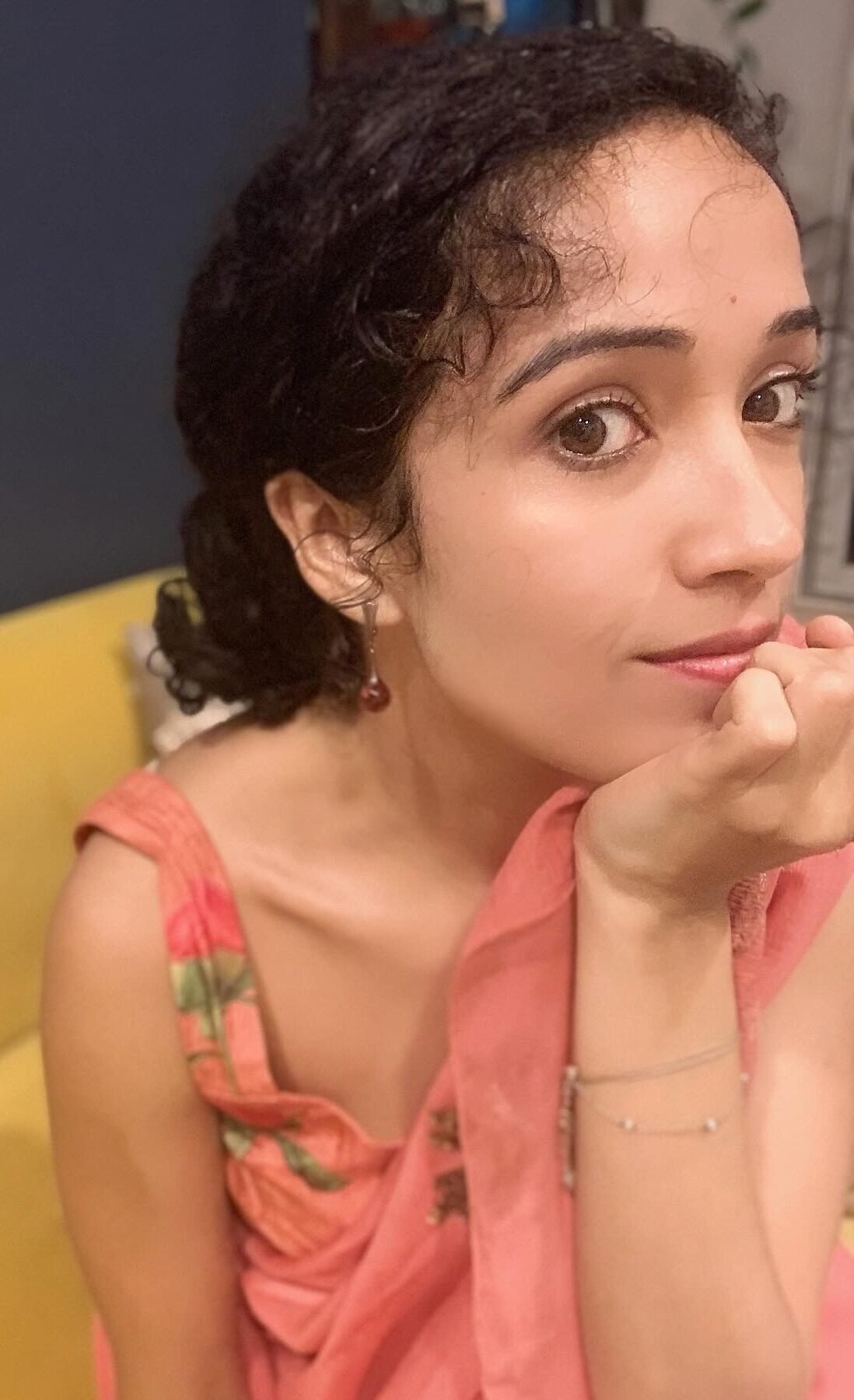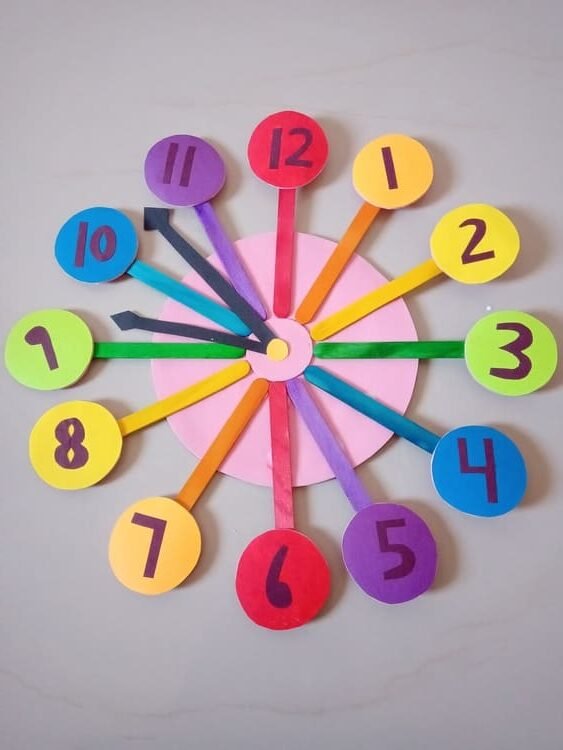With World Autism Day on April 2nd, Devangana Mishra, CEO and Founder of Brain Bristle, an innovative initiative, gives Devangana’s insights into current trends in autism advocacy and support can provide valuable perspectives for your audience.
The prevalence of Autism in India has been steadily increasing over the last decade. According to a 2021 study published in the Indian Journal of Pediatrics: The estimated prevalence of Autism in India is around 1 in 68 children. Boys are more commonly affected by Autism than girls, with a male-to-female ratio of approximately 4:1. With more than 18 million people in India broadly diagnosed on the spectrum of autism; awareness, intervention, education, and approach remain a distant cry. Teacher education in autism is limited or contained within a few courses offered by state- or privately-run universities.
Today, a large number of children on the autism spectrum (in our crowded country of more than a billion and a half) remain undiagnosed, under-served, or hidden in homes or school systems. There are a total of 3435 Special education schools in India, very few schools are truly inclusive, and the rate of successfully employed children with autism remains very low. But, what is important to note is that some of history’s best thinkers, minds, mathematicians, comedians, writers, artists, creatives, and scientists have been on the spectrum of autism. With these numbers and this autism boom and this autism hope and all that’s in the middle of it all, parental concerns become understandable, and here I’m going to try my best to answer those. What rights do I have as a parent? The parents have the right to provide him/her with the best valuation of the disorder through a team of doctors, psychologists, and trained therapists or service providers. The government of India offers several legal rights and protections to citizens with autism spectrum disorder to ensure that all are treated justly and have access to all services entitled by others.
For the right to free and appropriate education, the law places the child in an appropriate educational setting, where they are integrated into different schools according to the severity of the symptoms. Those with mild or moderate disabilities may be integrated into normal schools, whereas children with severe autism spectrum disorder are enrolled in special schools. Yes, the problem does remain where government schools or low-income schools can’t provide adequate, quality education to children on the autism spectrum, but in India, with a bustling democracy of a billion and a half, the country provides ways and means for parents to use their intellect and need to provide for their children the best they think possible. I believe this is a duty of care. Is my child getting a safe and appropriate education? This is an important question all parents should ask of the system. Firstly, teaching your child to communicate feelings of unsafety or notice a lack of learning is a first step. Next, making sure all stakeholders are on the same page about academic goals, social goals, and emotional needs of the child, after discussing his/her IEP at length, is important.
It also becomes important that all stakeholders feel heard and understood while being kept informed of the diverse needs the autism spectrum brings forth. Constantly revising and touching base with academic/extracurricular goals becomes another area parents should be involved in as all stakeholders plan for transitions and a child’s future. And lastly, gauging a child’s mental and emotional health, as all parents should, becomes another important step to ensuring the education is safe and appropriate. All stakeholders use different ways of teaching and tailoring to their needs, what should I follow? Parents have their own gut and sense of what works for them as a parent, to stick to that, and to watch and listen and learn through osmosis. Our goal is to prepare our children for society. A society offers a variety of treatments to each other as humans, teaching our kids to respond to those to their best ability is what we prepare them for when we allow them to be educated and handled by a variety of stakeholders. Doing our best as parents and being informed of what and how other stakeholders work becomes important but not necessarily what a parent needs to do. Being a parent is a wonderful gift, to make the most of that and a child’s autism journey is the goal.
Should I, as a parent, be vocal about my child’s autism or let it simmer and let him/her make decisions? Again, there are millions of mothers and fathers and caregivers globally, very vocal either as advocates or as activists or as just parents about their child’s autism. It’s a choice you have as a parent, what matters to you and how will you best manage your care, your worries, your pride, or your concerns with the system or with your child, without tiring yourself out or wanting to give up or losing your sleep about what’s there and has to be dealt with, to its best. Giving yourself the freedom of choice, freedom to action, freedom to be a parent, however you’d like to be, is what I would say as an onlooker, doing my daily work.
Are my anxieties about my child’s future normal? Yes, they are. But life is uncertain, in any case, even for the neurotypical it remains uncertain, I live twelve hours of a day based off a calendar, if anything goes off in it, my whole day used to tumble back in the day, now it doesn’t so, I’m learning to sit with discomfort and it’s my message for all parents of kids on the spectrum of autism, doing your best, keeping their future in mind, by the day, by the week, by the month and making sure all stakeholders involved are also doing the same, makes anxieties manageable and a daily glint of hope for the future possible. It’s easier said than done, I know. But, it becomes the only way to manage oneself and your child on the spectrum.

With World Autism Day on April 2nd, Devangana Mishra, CEO and Founder of Brain Bristle, an innovative initiative, gives Devangana’s insights into current trends in autism advocacy and support can provide valuable perspectives for your audience.







